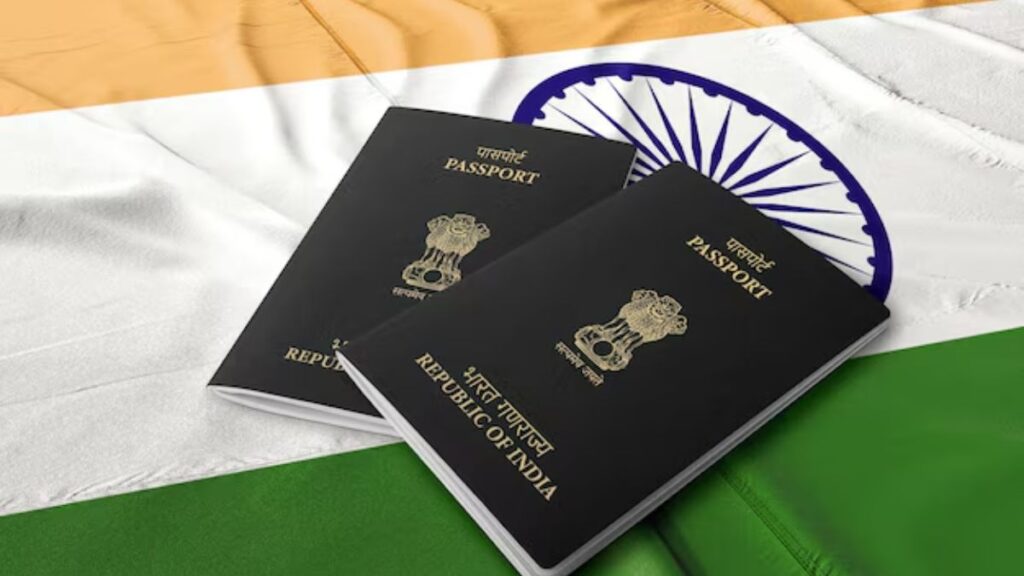
The Henley Passport Index is an annual ranking of the world’s passports based on the number of destinations their holders can access without obtaining a prior visa. The 2025 index has brought significant updates, especially for India and global leaders like the United States and Singapore. Here’s a detailed analysis, including India’s performance, global rankings, and key factors influencing passport strength.
What is the Henley Passport Index?
The Henley Passport Index evaluates 199 passports worldwide, ranking them based on visa-free or visa-on-arrival access to 227 destinations. Data is collected from the International Air Transport Association (IATA) and has been compiled for over 19 years.
India’s Decline in Rankings
India has witnessed a drop of five places, falling from the 80th position in 2024 to 85th in 2025.
- Visa-Free Access: Indian passport holders can access 57 countries without a visa, sharing this rank with Equatorial Guinea and Niger.
- Historical Trends:
- 2006: India ranked 71st.
- 2014: India fell to 88th place.
- Post-pandemic: India improved but remained in the 80-90 range.
- 2025: Dropped back to 85th place.
Top Performers in 2025
- Singapore: Regained the top spot, allowing visa-free travel to 195 destinations.
- Japan: Holds the 2nd position.
- European Countries: Dominating the top 10 rankings with strong diplomatic relations and robust economic ties.
The United States has fallen from the top rankings, highlighting changes in global mobility dynamics.
Understanding Visa-Free, Visa-on-Arrival, and E-Visa Access
The Henley Passport Index classifies destinations into three categories:
- Visa-Free Travel: No visa required (e.g., India to Nepal).
- Visa-on-Arrival: Visa granted upon arrival (e.g., Maldives for Indians).
- E-Visa: Digital approval required prior to boarding (e.g., UAE).
While visa-on-arrival and e-visas are easier than traditional visas, they are still included in calculating passport strength.
Why Did India Drop?
Several factors contribute to India’s lower ranking:
- Economic Challenges: Despite being in the top 5 economies globally, India’s per capita GDP remains low.
- Geopolitical Issues: India’s proximity to unstable regions like Pakistan and Bangladesh impacts visa liberalization by countries fearing illegal immigration.
- Diplomatic Relations: Limited bilateral agreements for visa-free travel.
Global Insights
- Singapore tops the list with 195 visa-free destinations.
- US Passport Decline: The United States has lost its leading position due to tighter immigration policies and geopolitical shifts.
- Emerging Powers: Countries like UAE and Qatar are climbing the ranks due to strategic diplomacy.
Conclusion
India’s drop in the Henley Passport Index highlights the need for stronger diplomacy, economic reforms, and enhanced bilateral relations to boost passport strength. While neighboring challenges persist, sustained efforts can improve India’s global mobility. For UPSC aspirants, understanding such rankings provides insights into international relations, migration, and policy-making.
Also Read: Sweden Increases NATO Presence in Baltic Sea Amid Rising Tensions
Disclaimer
This article is for educational purposes, focusing on the relevance of the topic for UPSC aspirants. Students should stay updated on further developments and refer to official sources for comprehensive preparation.
Follow Fusion IAS


